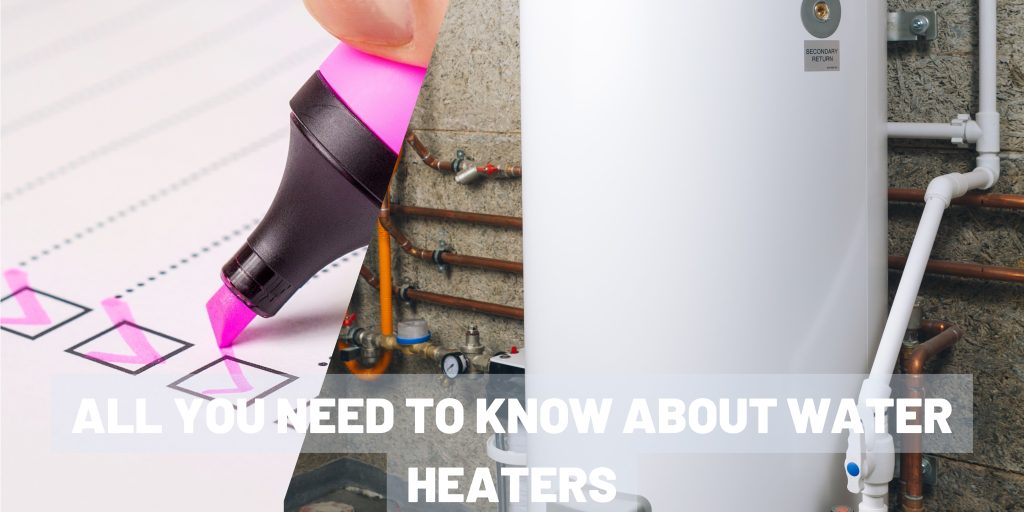- Serving Our NJ Neighbors 24/7 (888) 333-2422
Important Facts about Hot Water Heaters
The Department of Energy requires all water heaters to adhere to new energy efficiency criteria. The majority of manufacturers have complied with these new regulations by making water heaters larger, adding more insulation, and switching to a different type of insulation. What does this entail for you then? There are a few things. First of all, the price of a new water heater will increase once the supply of existing water heaters (built to meet the previous requirements) runs out. Second, the modifications have resulted in the discontinuation of several brands and models.

A Timeline For Replacement
There are numerous clear signals that a water heater needs to be updated. One aspect is age; if your water heater is more than seven years old, the Department of Energy advises that you start looking into a new one. These might also be symptoms of failure if your hot water heater is leaking or if you discover that you’re just not receiving as much hot water from it as you once did. Slow recovery, loud operation, calcium buildup, and no hot water at all are other warning signs.
Durability of a water heater
The normal lifespan of a standard hot water heater is 10 to 15 years. Regular maintenance can extend this lifespan.
The Value Of Highly Effective
Your energy expense for water heating is about 15% of your total energy bill. A typical household uses 64 gallons of hot water per day and spends between $400 and $600 a year on it, according to the Department of Energy. A high-efficiency hot water heater is crucial since it reduces your energy use and, consequently, your energy expenditures.
Efficiency of Water Heaters
An Energy Factor or an Energy Efficiency Rating is assigned to each water heater. A hot water heater’s energy factor is a computation of how effective it will be when used for a 24-hour period under ordinary conditions. The Department of Energy performs a specific simulated use test on each water heater model before calculating the Energy Factor. A water heater with a higher Energy Factor rating consumes less energy, expressed as a decimal, as compared to comparable standard models.
How to Improve Efficiency
Maintaining your hot water heater on a regular basis is a simple approach to increase its efficiency. As was already said, regular maintenance will help lengthen the lifespan. Anode rod replacement and water flushing are two examples of routine maintenance.
Options
When it comes to a new water heater, you have a lot of choices. What kind of energy you’ll be utilizing to heat your home must be decided upon initially. Electricity? crude oil? Gas, naturally? Solar? Propane? If you have a choice between several options, think about which would be the cheapest.
You may choose the finest hot water heater for you after choosing the fuel type. Traditional (with a storage tank) or tankless are the two primary choices. You can learn more about the advantages and disadvantages of each of the two in more depth here.
Price
The type of water heater you are having installed will have the most impact on the installation price. The estimate will be on the lower end for a full installation using a conventional hot water heater and on the higher end for tankless water heaters. Due to their bigger size and increased insulation, the new high-efficiency hot water heaters will cost more.
Do You Have Any More Questions?
That’s OK! We’re more than pleased to assist you with this. We can assist you whether you need assistance selecting the best water heater for your residence, need a quote for an installation, or just need to schedule maintenance to increase the lifespan of your present water heater. Call us now or click here.





